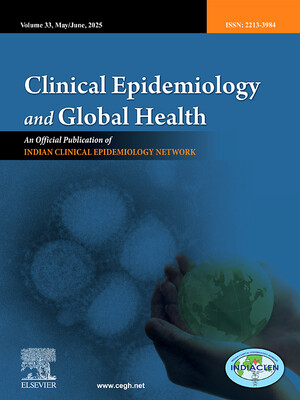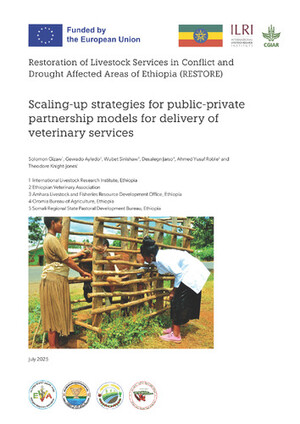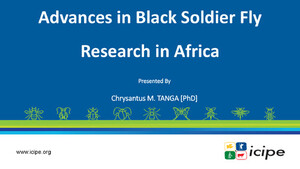
Animal health service delivery in crop-livestock and pastoral systems in Ethiopia
Abstract
Livestock diseases are a priority problem for livestock keepers throughout Ethiopia. Livestock keepers have also singled out poor animal health service delivery, which is largely the domain of the public sector, as the major constraint to improving animal health and productivity. In the current study, we describe the animal health service delivery system and compile from five questionnaire surveys involving 4,162 livestock keepers to characterize animal health service delivery in Ethiopia. The mapping of the animal health service delivery system along the livestock value chain clearly highlights the role of informal animal health services and variations of roles of the private sector. Also, the survey results clearly showed that livestock keepers' access to, use of and satisfaction with animal health services significantly varied across livestock production systems, geographic locations, socioeconomic strata, and service providers. Livestock keepers in crop-livestock and agropastoral systems had 5.5 (odds ratio = 5.453, P = 0.000) and 2.5 (odds ratio = 2.482, P = 0.000) times more access to services in reference to the pastoral system. In reference to private veterinary clinics, livestock keepers reported higher access to services provided by all the other service providers, particularly to services provided by extension agents, drug shops and CAHWs. Similarly, better access was reported by male than female (odds ratio = 1.098; P = 0.025) and wealthier than poorer (odds ratios = 1.40-1.79; P = 0.000) farmers and pastoralists. In general, low access to services was reported, 32.7, 25.2, and 19.3% of the respondents reporting access in crop-livestock, agropastoral and pastoral systems, respectively. Effective demand for services was evaluated through proxy variables, namely number of visits to service providers and health expenditures over a year. Highland farmers used the services more often than pastoralists (odds ratio = 2.86; P = 0.000), but pastoralists' expenses were significantly higher. Wealth (measured by livestock owned), gender and age also had significant effects on the use of services and expenditure on services. Satisfaction with services was evaluated based on four measures, namely availability (av), accessibility (ac), quality (qw), and timeliness (tm) of services. The average scores (out of 10) for av, ac, qw, and tm were 6.1, 5.9, 6.2, and 5.7, respectively. Principal component analysis was conducted to derive the latent variable "satisfaction" from the four measures, extracted only one factor, indicating the four variables are measuring the same construct (satisfaction). Regressing the latent variable satisfaction on the four measures gave significant (P = 0.000) b values of 0.22, 0.20, 0.13, and 0.14 for av, ac, qw, and tm, respectively, indicating strong relationships between the latent variable satisfaction and its measures. There was a significant dissatisfaction with the public sector, with average scores of 0.06 and 0.19 for the public and private service providers, respectively. It can be concluded that livestock keepers in remote regions of the country, pastoralists, women, poorer, and older livestock keepers have less access to services. Satisfaction with services is low to medium and the major concerns of livestock keepers appears to be availability and accessibility of services. Based on our findings, we recommend an integrated, multi-sectoral involvement to improve the veterinary service delivery through improved veterinary infrastructure, public-private partnership, and animal health information system across the various livestock production systems.
Citation
Gizaw, S., Woldehanna, M., Anteneh, H., Ayledo, G., Awol, F., Gebreyohannes, G., Gebremedhin, B. and Wieland, B. 2021. Animal health service delivery in crop-livestock and pastoral systems in Ethiopia. Frontiers in Veterinary Science 8: 601878.










